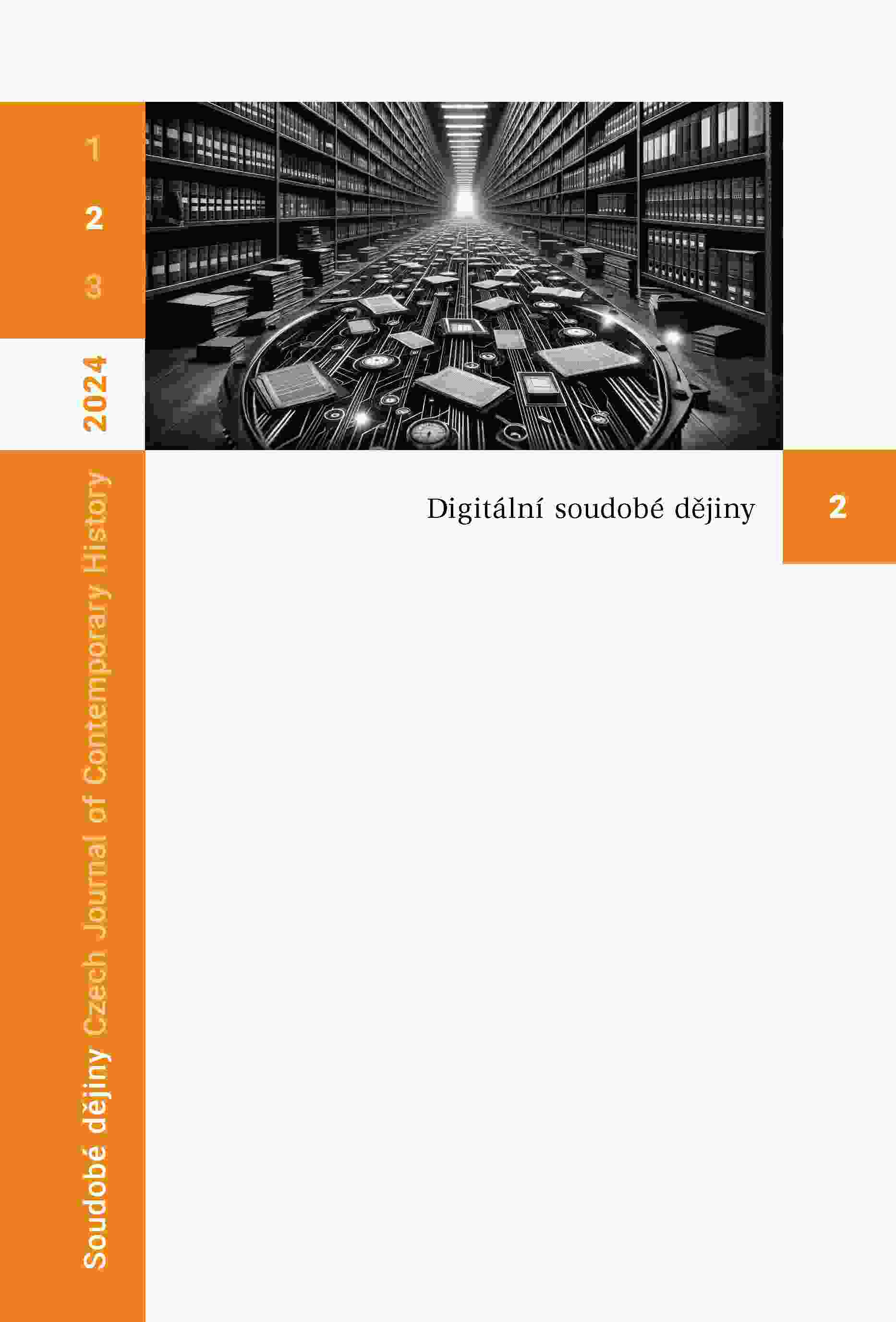Černobílý svět "marxistického Šaldy":
Ladislav Štoll v kulturněpolitických diskurzech československé levice
The Black and White World of the "Marxist Šalda":
Ladislav Štoll in the Cultural and Political Discourses of the Czechoslovak Left
Author(s): Jana Tůma KönigsmarkováSubject(s): History, Cultural history, Political history, Recent History (1900 till today), Czech Literature, History of Communism, Book-Review
Published by: AV ČR - Akademie věd České republiky - Ústav pro soudobé dějiny
Keywords: Ladislav Štoll;Czechoslovakia;Czechoslovak leftist culture;Czechoslovak literature;cultural policy;Marxism-Leninism;communist ideology;Communist Party of Czechoslovakia;socialist realism;avant-garde
Summary/Abstract: The book by historian Vojtěch Čurda entitled "Ladislav Štoll: Příběh komunistického ideologa a formování československé kultury ve 20. století" [Ladislav Štoll: The Story of a Communist Ideologist and the Shaping of Czechoslovak Culture in the Twentieth Century] is the first critical biography of the Marxist-Leninist literary critic, cultural ideologist and politician Ladislav Štoll (1902–1981). He entered public life as a journalist in the 1930s as a defender of socialist realism and the ideological conception of literature in the disputes of Czechoslovak left-wing culture. According to the author, Štoll stubbornly adhered to his views throughout his life. After the communist takeover in February 1948, he became one of the most powerful agents of Stalinist cultural politics until the late 1950s, and his publication "Třicet let bojů za českou socialistickou poezii" [Thirty Years of Struggle for Czech Socialist Poetry] published in 1950 served as an ideological and aesthetic standard for evaluating individual authors as “progressive” or “reactionary”. Despite his lack of formal education, he was appointed rector of the newly established University of Political and Economic Sciences (Vysoká škola politických a hospodářských věd, VŠPHV) from 1949 to 1952 and subsequently served as Minister of Education and Culture. For most of the 1960s, he was head of the Institute of Czech Literature (Ústav pro českou literaturu) of the Czechoslovak Academy of Sciences. After the collapse of the Prague Spring, he returned to his post as a representative of the official course of normalization. Čurda emphasizes the generational aspect in the formation of Štoll’s attitudes, which, however, is not sufficiently elaborated according to the reviewer. The biography is built on thorough interpretation of Štoll’s publications and other related texts. Thus the author captures quite convincingly Štoll’s role in the debates and controversies surrounding the development of Czechoslovak literature over several decades as well as his influential position in times of power. This approach,however, fails to capture the full complexity of Ladislav Štoll’s personality, resulting in a somewhat two-dimensional representation. This is partially addressed by the concluding essay by Štoll’s grandson, the documentary filmmaker and theorist Martin Štoll, who evokes the family memory of the biography’s protagonist.
Journal: Soudobé Dějiny
- Issue Year: XXXI/2024
- Issue No: 2
- Page Range: 562-572
- Page Count: 11
- Language: Czech

